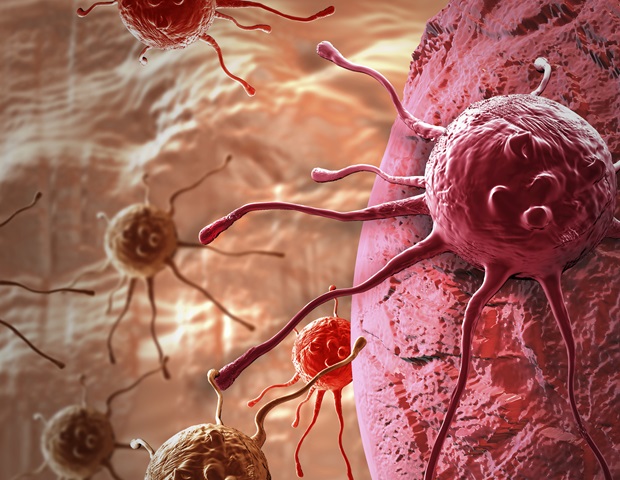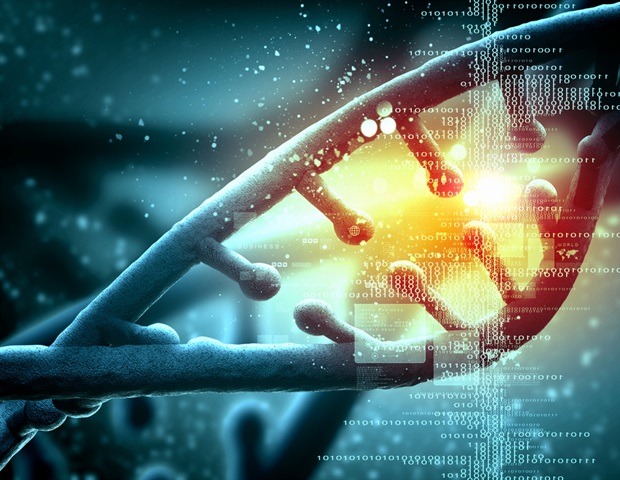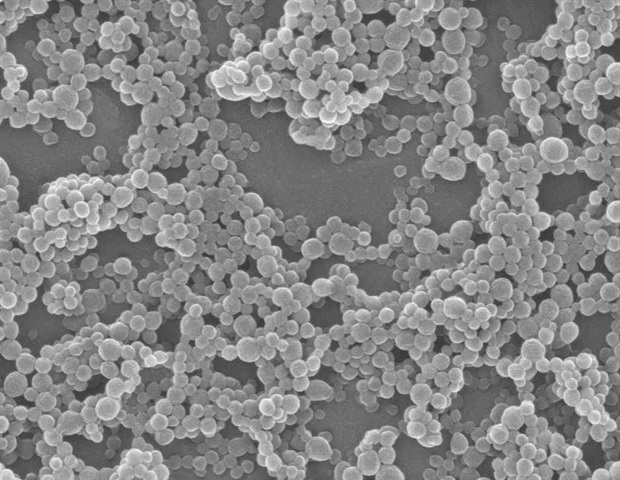
Melbourne researchers have improved our understanding of how the immune system is regulated to prevent disease, identifying a previously unknown role of ‘natural killer’ (NK) immune cells.
The Monash University-led study identified a new group of immune cells, known as tissue-resident memory natural killer (NKRM) cells. NKRM cells limited immune responses in tissues and prevented autoimmunity, which is when the immune system makes a mistake and attacks the body’s own tissues or organs.
While additional research is required, the discovery may ultimately be used to treat autoimmune diseases like Sjogren’s Syndrome and possibly chronic inflammatory conditions.
Published in Immunity, the preclinical research is led by senior author Professor Mariapia Degli-Esposti and first author Dr Iona Schuster from the Monash Biomedicine Discovery Institute (BDI), in close ongoing collaboration with the Lions Eye Institute.
Originally, NK cells were thought to be short lived cells that circulate in the blood with the sole function of identifying and quickly killing virally infected or damaged cells.
The team’s previous research established that NK cells’ role is far more complex, and the latest study demonstrates for the first time that a subset of NK cells, NKRM, are critical in regulating immune responses in tissues.
“This is key to preserving tissue function and preventing autoimmunity from developing,” Dr Schuster said. “While long-lived tissue resident memory T cells (TRM) have been described, the primary known function of these cells is to protect the host against reinfection.
“Our discovery of tissue-resident memory natural killer (NKRM) cells establishes that the function of some memory cells that live in tissues is to protect from excessive inflammation rather than protect against recurring infection.”
Professor Degli-Esposti, BDI Head of Experimental and Viral Immunology, said the findings significantly improved our fundamental understanding of how the immune system is regulated to prevent disease.
“One of the main obstacles in cancer immunotherapy … is the development of immune related adverse events, which include the development or flare-up of autoimmune complications,” she said.
“These events are due to ‘super’ or ‘uncontrolled’ activation of the immune system as a result of the brakes being removed by the therapeutic strategy.
“Furthermore, many therapies cause collateral damage to tissues where tumours are localised. Thus, NKRM may be an adjunct or follow-up therapy to restore immune balance and bring back tissue health.”
Read the full paper in Immunity: Infection induces tissue resident memory NK cells that safeguard tissue health. https://www.cell.com/immunity/fulltext/S1074-7613(23)00026-2
Key findings
1. Following infection with a common virus, cytomegalovirus, ‘natural killer’ (NK) cells were recruited from the circulation into inflamed tissues where they were retained and developed into a long-lived population of cells that researchers called tissue-resident memory natural killer (NKRM) cells.
2. Unlike NK cells, NKRM did not participate in virus control.
3. In the absence of NKRM, infection led to tissue damage and the development of autoimmunity which presented as Sjogren’s Syndrome, one of the most common autoimmune diseases.
Therefore, researchers identified a new population of cells that specifically localize to tissues to modulate immune responses to prevent immune pathology and autoimmunity.
Source:
Journal reference:
10.1016/j.immuni.2023.01.016







